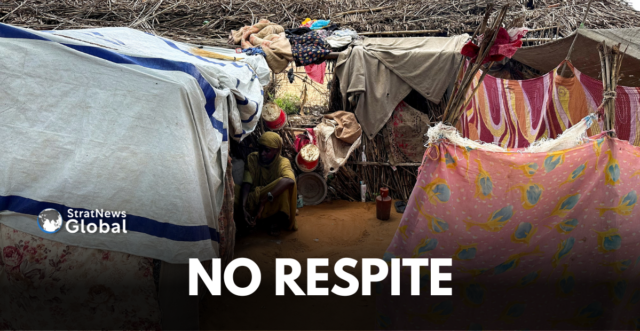Attacks by Sudan’s Rapid Support Forces have killed more than 200 people over the past three days, activists said on Tuesday, as the paramilitary group delayed signing a political charter that could pave the way for a breakaway government.
After nearly two years of war between the RSF and Sudan’s army, the RSF controls most of the west of Sudan and parts of the capital, Khartoum, but has been losing ground in central Sudan to the army.
White Nile state, where activists said three days of RSF attacks had left more than 200 dead, has emerged as a key battleground as the army regains territory.
Sudden Attack
The attacks occurred in villages around the town of al-Gitaina, said Emergency Lawyers, a group that has monitored the impact of the conflict on civilians.
One eyewitness told Reuters by phone: “The RSF attacked on Sunday morning… with all sorts of weapons firing randomly, and so dozens of people were killed instantly and more were injured.”
The RSF could not immediately be reached for comment.
The war in Sudan has created what the U.N. has called the world’s largest humanitarian crisis, and both the RSF and army have been accused of extensive human rights violations. The United States has determined that the RSF has committed genocide in areas under its control.
Political Charter
The attacks came as the RSF had assembled allied politicians and armed group leaders in the Kenyan capital, Nairobi, to sign a charter that would provide for a “Government of Peace and Unity” to govern the territories the force controls.
The charter could mark a turning point in the war, cementing a split along battle lines even as the fight for control over some areas rages on.
However, politician Fadlallah Burma Nasir, head of the Umma Party which is split over whether to participate, said that the signing of the charter was postponed until later in the week to allow for a fuller representation from rebel leader Abdelaziz al-Hilu’s SPLM-N.
The SPLM-N is a large military faction that controls wide swathes of the famine-stricken South Kordofan and Blue Nile states and had not previously taken a firm position in the conflict between the army and the RSF.
(with inputs from Reuters)





